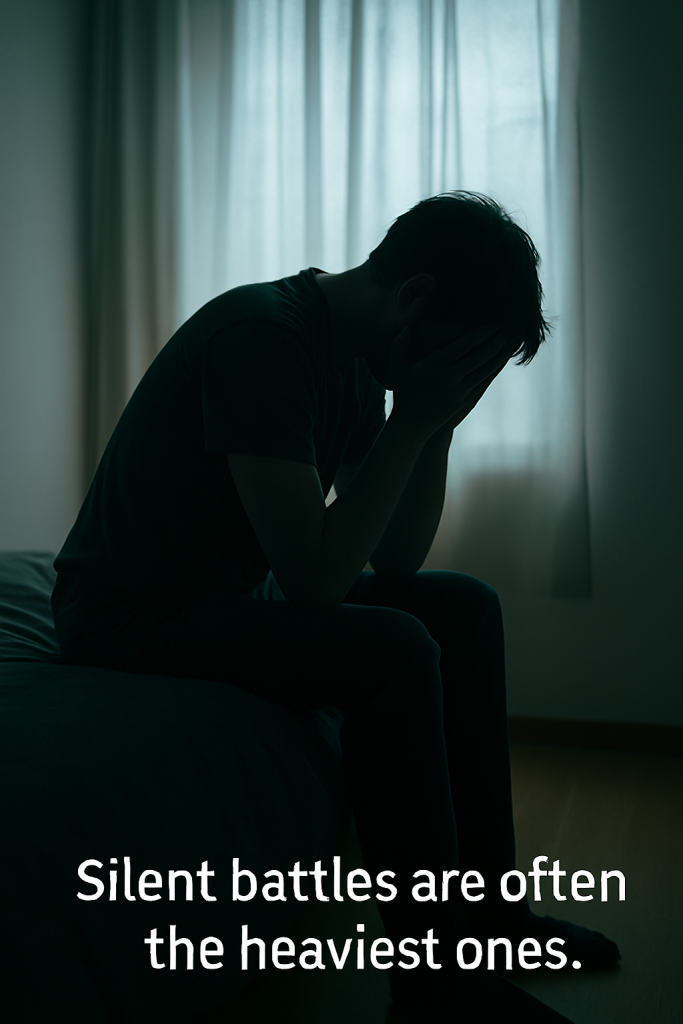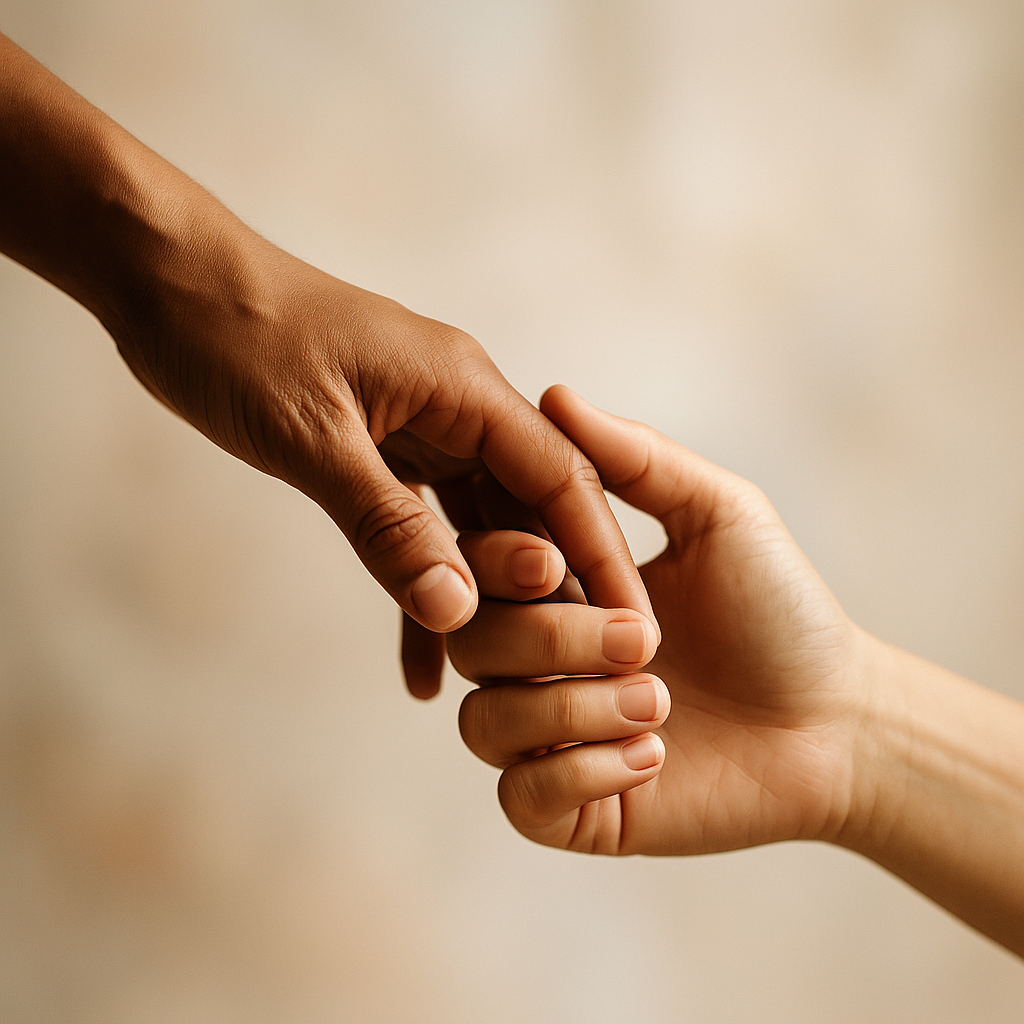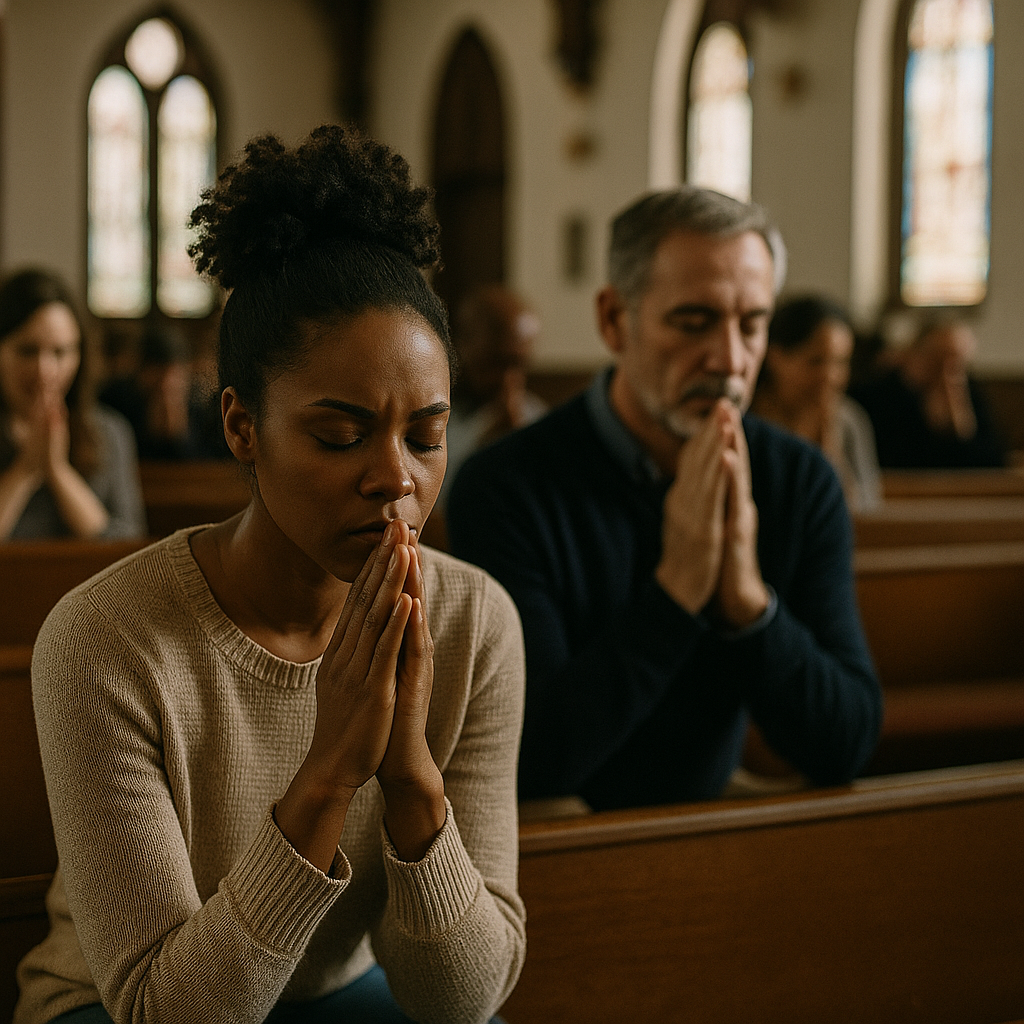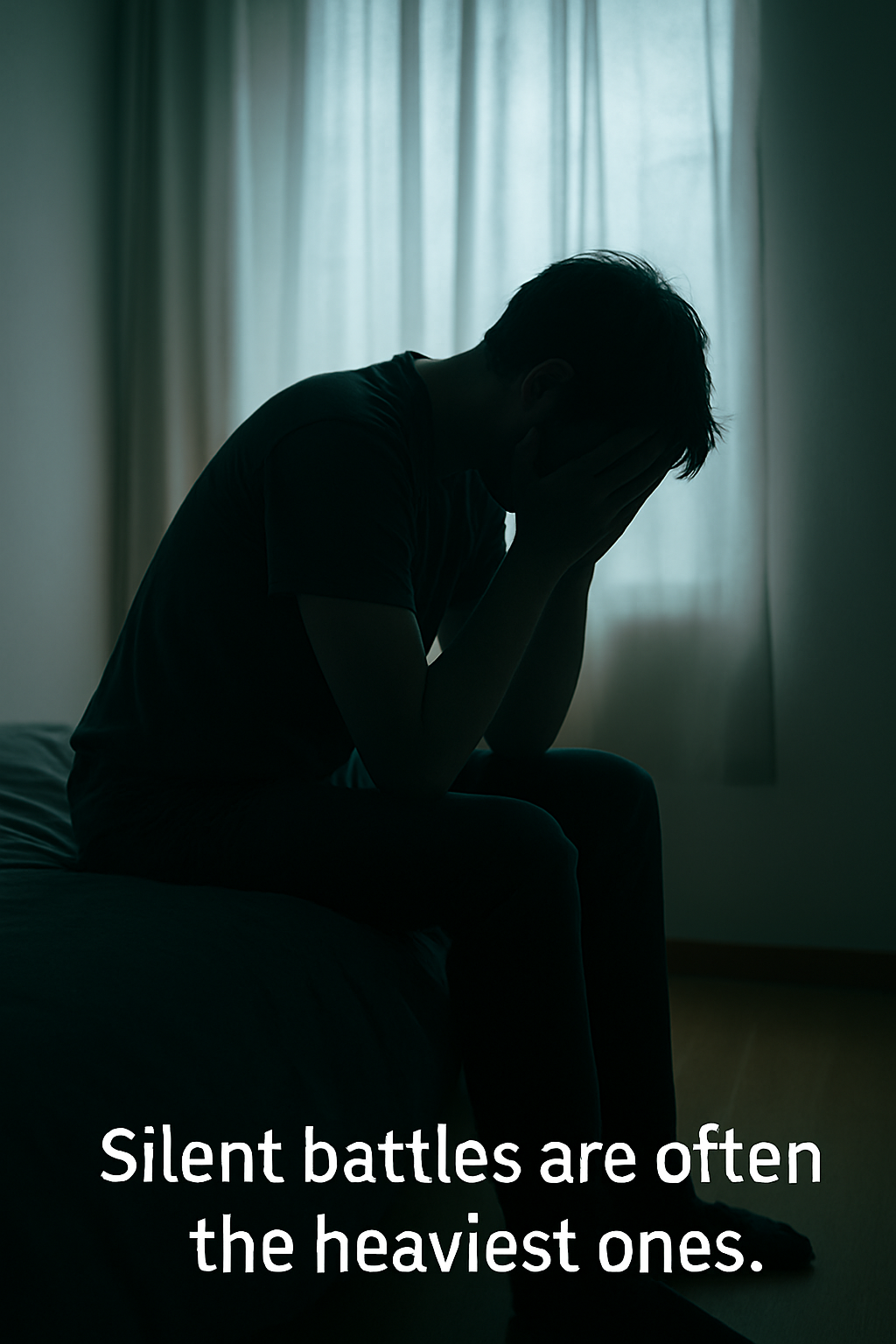Suicide Depression and Mental Health 8 Hard Truths
Suicide depression and mental health are not abstract issues, they are lived realities for millions of people. Depression is not just a passing sadness that fades in a few days. According to the World Health Organization, more than 280 million people worldwide live with depression, making it one of the leading causes of disability. It drains energy, robs joy, and often convinces those who suffer that life will never get better. Left untreated, it can become unbearable.
Suicide is the act of intentionally ending one’s life, but behind the act there is almost always a deeper story. There is often a story of pain that feels endless, invisible, and impossible to carry. Every year, more than 700,000 people die by suicide across the world. For each one, there are many more attempts, many more silent cries for help that never make the headlines. It is now the fourth leading cause of death among young people aged 15 to 29, but it is not confined to any age. It reaches into every generation, every class, every culture.
And then there is mental health itself, which is so often misunderstood. Too many people think of mental health as simply the absence of mental illness, but it is far more than that. It is the way we think, the way we feel, and the way we cope with the demands of life. Just as our physical bodies need care, so too do our minds. When mental health is neglected, depression and suicidal thoughts can quickly follow.

Cultural Stigma
Across black cultures, and especially here in Jamaica, the conversation around suicide depression and mental health has long been clouded by stigma. People will say, “Pray about it,” or dismiss it as “just stress.” In our communities, seeking therapy is often seen as weakness, or something “mad people” do. Because of that, many suffer in silence, hiding their struggles behind laughter, work, or drink.
Yet even within that silence, we have always reached for ways to cope. Bush teas like Fever Grass to calm the nerves, Soursop Leaf for restless nights, and Vervain to quiet the mind. Herbal baths and reasonings with elders have long been medicine for the spirit. These traditions remind us that we’ve always known the mind needs care.
But the truth is this: caring for our mental health is not weakness . It’s just as important as caring for our bodies, and ignoring it doesn’t make the pain go away; it only pushes it deeper. The more we open the conversation, the more we break those chains of shame and silence.
Why They’re Connected
There is a clear and painful link between suicide depression and mental health. Globally, more than 720,000 people die by suicide every year, and 73% of those deaths happen in low- and middle-income countries (WHO). Jamaica is part of this global reality, and while our official numbers may look smaller, the pain behind them is just as real.
Depression changes the way a person sees themselves and the world. It shrinks possibilities down to a single dark option — escape. For someone trapped in that space, suicide feels less like a desire to die and more like a desperate need to stop hurting. That is why we cannot separate the conversation about depression from the conversation about suicide. They are two sides of the same coin.
The Causes of Suicide Depression and Mental Health
One of the greatest misunderstandings about suicide and depression is the belief that there must be a single cause. People say things like, “But she had everything — why would she do that?” or “He seemed fine yesterday.” The truth is never that simple.
Suicide and depression are almost always the result of a mix of factors. Biological vulnerabilities, like brain chemistry or family history, play a role. Psychological struggles, like unresolved trauma, bullying, or deep-seated shame, add another layer. And then there are social pressures, poverty, failed relationships, work stress, discrimination, or even the silent comparisons we make scrolling through social media. Cultural and religious influences can help some people heal, but for others, they add shame that silences.
Every story is different. Every struggle is personal. But the common thread is pain, and the belief that the pain will never end. Suicide depression and mental health struggles are more common than most people admit. For many, it’s something whispered in secret, hidden behind smiles, or silenced by shame.
Recently, I was shaken by the story of Tyra Spaulding, a former Miss Universe Jamaica contestant who had been open about her depression. When I heard her words, it was like she reached inside me. I knew that feeling, the hopelessness, the exhaustion, the sense that you are never enough. That was me from a young age.
For as long as I can remember, I battled suicidal thoughts. My experiences of molestation by an adult family member, the dismissal and inaction upon discovery, being forced to continue living with him and to address him as “father” , even though he was my grandfather. Combined with the bullying of my siblings, the merciless beatings from my mother, and the constant comparisons, disapproval, and dismissal of my dreams, it wore me down to such a low point that I felt I didn’t belong and did not deserve to occupy a place on earth. My most-asked question was: If she didn’t want me, why did she give birth to me?
And so when I hear of someone else, a young woman, a child, a man at the end of his rope, I don’t see a headline. I feel the ache. I understand the silent battle.
Which leaves me asking, not as an outsider, but as someone who’s been there: Why is this happening to so many? Why are we losing lives at such alarming rates, even among children?
This is not an easy topic, but it is one we must talk about. Silence is part of the problem.

Failed Relationships and Murder Suicide
One of the greatest triggers for despair is the collapse of relationships. Failed marriages, betrayals, and even broken friendships can shatter a person’s sense of self-worth.
I know what it feels like to be left and to wonder, Was I not enough? That rejection can cut deeper than people realize. When love or companionship disappears, it can confirm the darkest inner voices, that you’re unlovable, unwanted, unworthy.
Relationships are meant to sustain us, but when they fail, the emptiness left behind can drive people toward dangerous places.
Parental Pressure and Teenage Suicide
Another heavy road that leads here is parental pressure, mental heath and teenage suicide.
So many children, and adults, carry the weight of expectations that feel impossible. Parents want success for their kids, but sometimes their demands crush instead of inspire. “Be the top student. Make us proud. Don’t bring shame on this family.”
I’ve seen people including myself chase careers, degrees, or lifestyles they didn’t even want, just to please their parents. And when they can’t measure up, the shame is unbearable. That pressure builds cracks in a person’s spirit, and suicidal thoughts often creep in through those cracks.
The most heartbreaking rise we’re seeing is suicide among teens and preteens. Children as young as ten are carrying burdens no child should.
They live in a world that never turns off. Academic stress, bullying that follows them home through their phones, identity struggles, and the relentless comparison of social media. At an age when they should be exploring life and joy, many are questioning whether life is worth living at all.
It terrifies me that so many young people are quietly fighting these battles while the adults around them don’t even see the signs.
Religious Conflict and Mental Health
Faith can be a source of hope, but it can also become a source of shame when mental health struggles are dismissed as sin.
I grew up in a religious background. The values I learned stayed with me, but so did the struggles. Too often, people wrestling with depression are told to “pray harder,” “rebuke the devil,” or “have more faith.”
Yes, prayer and faith can sustain us. But when religion becomes judgment instead of compassion, it isolates people even more. Religious conflict and mental health struggles often go hand in hand, and this silence within faith communities is costing lives.

Rising Suicide Rates Worldwide
Globally, we are seeing rising suicide rates worldwide. It’s not one single cause, it’s layers of modern life piling up.
The cost of living, job insecurity, and economic instability. Social isolation, especially after the pandemic. Social media’s endless highlight reels. And the silence and stigma that stop people from seeking help.
We live in a pressure cooker, and too many are reaching a breaking point.
Recognizing the Signs
One of the hardest things about suicide, depression, and mental health struggles is that they often hide in plain sight. People learn to wear masks so well that their pain goes unnoticed, until it’s too late. Still, there are signs we can look out for, both in ourselves and in those we love:
- Withdrawal and pulling away from friends, family, or activities they once enjoyed.
- Changes in sleep or appetite. Sleepin too much or too little, sudden weight loss or gain.
- Expressions of hopelessness, saying things like “What’s the point?” or “I can’t do this anymore.”
- Risky behaviors such as increased drinking, drug use, or reckless decisions.
- Giving away possessions. Sometimes this a quiet way of preparing to say goodbye.
- Sudden calm after despair. This a possible sign that someone has made a final decision.
If you notice these signs in someone, don’t dismiss them. Start the conversation. Listen without judgment. Sometimes the smallest act of care, a call, a question, or a hug can interrupt the spiral and remind someone they’re not alone.
Compassion Over Judgment
And this is what I need to say loud and clear: judgment kills.
People often minimize what they don’t understand. They say, “I’d never do that,” or “life can’t be that bad,” or “they just need to pray.” But unless you’ve walked in someone else’s shoes, you don’t know the weight they carry.
We don’t need more shame. We need compassion. A listening ear instead of a lecture. A safe space instead of silence.
What Helps (Without Pretending It’s Easy)
Healing is not neat or simple. But here are steps that matter:
- Naming the struggle: Breaking the silence weakens shame.
- Reaching out: Helplines, therapy, trusted friends — speaking saves lives.
- Safe communities: Churches, families, and groups that lead with compassion, not judgment.
- Daily practices: Journaling, a walk, a deep breath — small acts matter.
- Hope in pieces: Sometimes hope comes in small moments, and that’s enough to keep going.

The Silent Battle of Suicide Depression and Mental Health
One of the most dangerous myths is that we can tell who is struggling just by looking.
How many times have you heard, after someone passes, “But they looked so happy,” or “I just saw them yesterday”? I know that mask well, smiling in public while falling apart inside. Pretending to be strong because I was terrified of being judged weak.
That’s the silent battle of suicide depression and mental health. What you see on the outside isn’t always what’s happening inside.
So why does this happen? Because life is heavy. Because people are human. Because pain is real, and silence makes it worse. And because for too long, suicide depression and mental health have been hidden behind closed doors instead of spoken about openly.
But the more we talk about it, the less power shame has. Every conversation chips away at the silence. Every story shared can remind someone that they are not broken, they are not weak, and they are not alone.
If you’ve ever felt like giving up, please know this: your life matters. You are not your pain. You are not your past. And you don’t have to carry it by yourself. There is help. There is hope. And there is healing, one honest conversation at a time.
Let’s Heal Together
This article is part of my ongoing series on suicide, depression, and mental health, exploring self-discovery and healing. Let’s keep this conversation alive, because your story, your voice, might be the spark someone else needs.
- Share your thoughts below — your words could help someone feel less alone.
- Subscribe at www.50plusrebirth.com to keep walking this journey with me.
- Join me on Patreon for deeper, unfiltered conversations about life, faith, and finding your way back when the road feels too heavy.
- YouTube Jamaican Gypsy Granny
And if you or someone you love is struggling with suicidal thoughts, please reach out:
- Jamaica: Mental Health & Suicide Prevention Helpline – 888-NEW-LIFE (888-639-5433)
- U.S.: Call or text 988 (Suicide & Crisis Lifeline)
- Worldwide: Find resources at findahelpline.com
You are not alone. Let’s inhale hope, exhale heaviness, and keep going — one step at a time.

